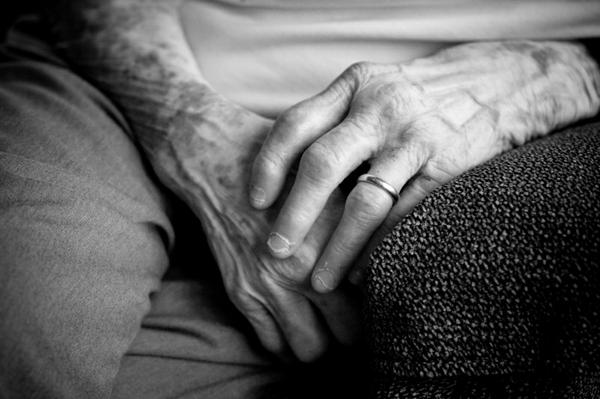Years ago we belonged to a church that rented their building to a Korean congregation in the afternoons. It made sense to share the space. Yet we rarely crossed paths. On Thanksgiving though we invited them to share a meal with us. Their food was of course quite different, as were their customs. I spoke to the minister's wife.
"We
have a tradition of letting small children be served first. You know, because they are impatient."
She bowed. "We have a practice of inviting our elders to be served first. Out of respect."
I am no anthropologist but it does seem to be indicative of larger implications.
One time my daughter asked my opinion about an issue that I care deeply about. My throat caught at the invitation, but before I could get two
sentences out she cut me off.
"Actually, never mind. I'll ask my friends."
Our culture is one that emphasizes youth. If it were not so there would be no exploding market for tummy tucks, anti aging creams, and hair dye. Not that those things are inherently bad, but they do feed into the relentless drive to resist old age.
One of the underpinnings of the mentoring program is to honor experience. Which is
a euphemism for crones. Here I refer to the second definition in most dictionaries. "A woman venerated for her wisdom." Because even that meaning has lost ground in a world that sequesters its elders to nursing homes.
The wife who served as a mentor for my marriage once told me that there was a time when kings would look to the grandmothers in their kingdom before making decisions. Yet rather than bring the octogenarian to his castle, the king would
visit her in her home. She may or may not speak about his concerns but it was believed that simply being in her domain would bring him enlightenment.
I like the collective noun used to describe them. It's called a wisdom of grandparents.

